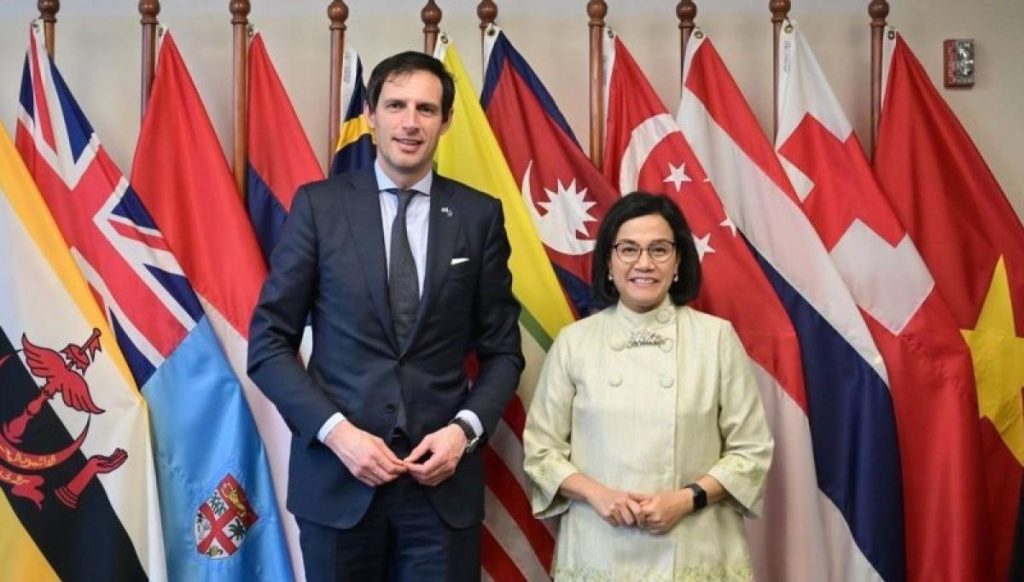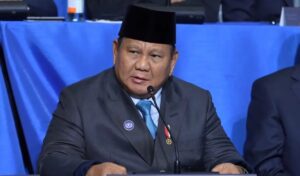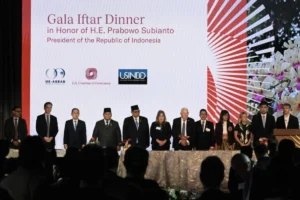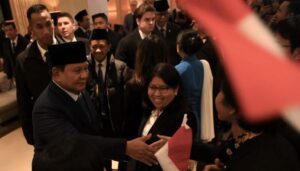Indonesia Explores Energy Transition Cooperation with EU

Jakarta, The Gulf Observer: Indonesia has initiated discussions with European Union Commissioner Wopke Hoekstra to promote energy transition, aligning with its role as one of the chairs of the Coalition of Finance Ministers for Climate Action.
Finance Minister Sri Mulyani Indrawati met with Commissioner Hoekstra in Washington D.C., United States, where they delved into various aspects of climate change mitigation and renewable energy transition, according to a statement from the Finance Ministry received on Monday.
“Climate change mitigation issues, including the transition to renewable energy, are still hot topics. The topics of energy transition, climate change, and carbon trading filled our discussion space,” Minister Indrawati stated.
Expressing gratitude for the European Union’s financial support to Indonesia’s Just Energy Transition Partnership (JETP), Minister Indrawati highlighted several priority projects under JETP, including the development of electricity transmission and distribution networks, as well as various renewable energy projects such as solar, hydroelectric, geothermal, bioenergy, and wind power plants.
The discussion also encompassed collaboration opportunities in carbon trading, with Indonesia’s potential to become a significant global carbon credit supplier, potentially reducing emissions by up to 1.3 gigatons of CO2e (carbon dioxide equivalent), valued at an estimated $190 billion.
Minister Indrawati underscored the importance of European Union investment support in facilitating Indonesia’s expedited, equitable, and affordable energy transition.
During her participation in the World Bank-IMF Spring Meeting in Washington D.C., Minister Indrawati explored potential investment opportunities from the European Investment Bank (EIB) for green and sustainable financing initiatives in Indonesia. The EIB, as the EU’s financial institution, expressed interest in collaborating with the Indonesian government.
Furthermore, discussions initiated a number of pipeline projects, including public transportation infrastructure, urban development initiatives, and enhancements to healthcare facilities, signaling the commitment of both Indonesia and the European Union towards sustainable development and climate action.


